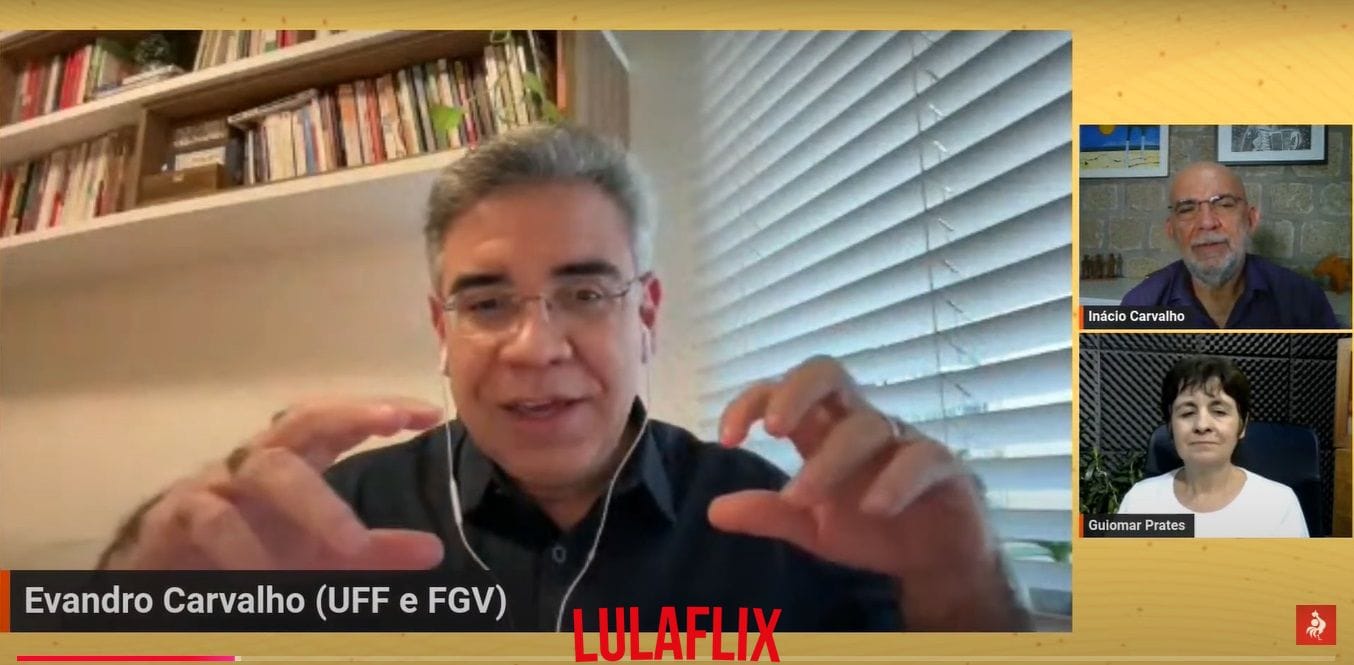What Do Surnames in Ballots Tell Us About Municipal Elections?
by Lucas Silva and Gabriel Costa
A growing trend in contemporary societies is the radicalization of politics, characterized by extreme positions and polarization between different ideological groups. This phenomenon can be driven by social, economic, and cultural factors, leading to an environment of intolerance and hostility, both in social interactions and political spheres.
Analysing the surnames in ballots is an interesting tool to understand the electoral dynamics and public perception. The chosen surnames can reflect marketing political strategies, such as attempting to connect with certain demographic groups or convey a specific image. Moreover, how candidates present themselves can influence voter perception and impact election results, especially in contexts of radicalization, where identity and values become even more central in the voting decision.
According to Article 12 of the Electoral Law, candidates must indicate three options for their surname on the ballot, in order of preference: “may be the (1) first name, surname, cognomen, abbreviated name, (2) nickname or (3) name by which they are most known, as long as it does not establish doubt about their identity, does not offend modesty, and is not ridiculous or irreverent, mentioning in what order they wish to register.”
A study conducted by the Electoral Observatory indicates that most candidates in the 2024 Municipal Elections used their surname to convey information that goes beyond their own names (e.g., when a candidate named João da Silva presents himself on the ballot as Dr. João). Among the mayoral candidates, 47% ran with a different surname than their own. This percentage was 51% for vice-mayoral candidates and 61% for city council candidates.
The trend of reducing the length of the surname compared to the candidate’s own name, already observed in previous elections, was confirmed again. On average, the surnames have been shortened by half, with only two words. This practice reflects a simplification strategy, aiming to facilitate memorization and recognition by the voter. Additionally, adopting short and easily pronounceable surnames can contribute to building a more direct and accessible political identity, favoring effective communication in election campaigns.
As expected, the added words to the surnames reflect the current political ecosystem of the country. Studies on state deputy elections point to the increase in qualitative surnames, i.e., indicative of some quality of the candidate. Among the most frequent categories, military, religious, professional, and those that honor other individuals stand out.
The data from the 2024 Municipal Elections corroborates what is observed in federal elections. The most frequent qualitative surnames among candidates were professor(a), doctor(a), pastor(a), brother(o), and of health and of the people. Figure 1 illustrates the distribution of these categories by Federal Unit.
Figure 1
When analyzing the most common surnames by political parties, relevant trends emerge. The surname “professor(a)” (and variations, such as “prof”, “profa”, etc.) appears most frequently among all parties, with special emphasis on left-wing and extreme left-wing parties, such as PCdoB, PSOL, PSTU, PT, and UP. The surname “doctor” is more frequent among candidates from the Novo and PL parties, as shown in Figure 2.
Figure 2
Although occurring less frequently, there are surnames that use figurative language that sparks political-ideological interest, such as religious designations (like “pastor” and “church”), political (like “Bolsonarista”, “Bolsomito”), and agricultural, as shown in Figure 3. Among the five regions of the country, the surname “pastor” is one of the most frequent among candidates, highlighting the importance of neopentecostal leaders in the political scene. The Northeast region accumulates the highest use of the “PT” acronym in the surname, referring to the Workers’ Party. In the South region, the addition of words like “police” or “policeman” to the surname is a relevant phenomenon.
Figure 3
When analyzing by office, the most frequent added words to the surnames are “doctor”, “professor”, “health”, “pastor”, and “brother”. It is observed that the surname “doctor” is more frequently used by mayoral candidates (representing over 10% of surname changes for this office) and vice-mayoral candidates (representing 8%). The surnames “professor”, “professora”, “prof”, and variations are relatively more frequent among city council candidates (around 4% of surname changes for this office).
In the Electoral Observatory’s research, peculiar combinations of surnames were also identified, such as “Lula da Direita” (city council, PL), “Lula do Bem” (city council, PL), “Inácio do 38” (city council, PODEMOS), “Diógenes Pobre de Direita” (city council, PL), “Youtuber Ricardo Zunidos” (city council, PP), among others.
Lucas Silva – Master’s student in Linguistics at UFMG
Gabriel Costa – Undergraduate student in Letters at UFMG
This text does not necessarily represent the opinion of Jornal GGN. Do you agree or have a different point of view? Send your article to [email protected]. The article will be published if it meets the criteria of Jornal GGN.
“Democracy is a fragile thing. Defending it requires a courageous and forceful journalism. Join us: www.catarse.me/jornalggn“


